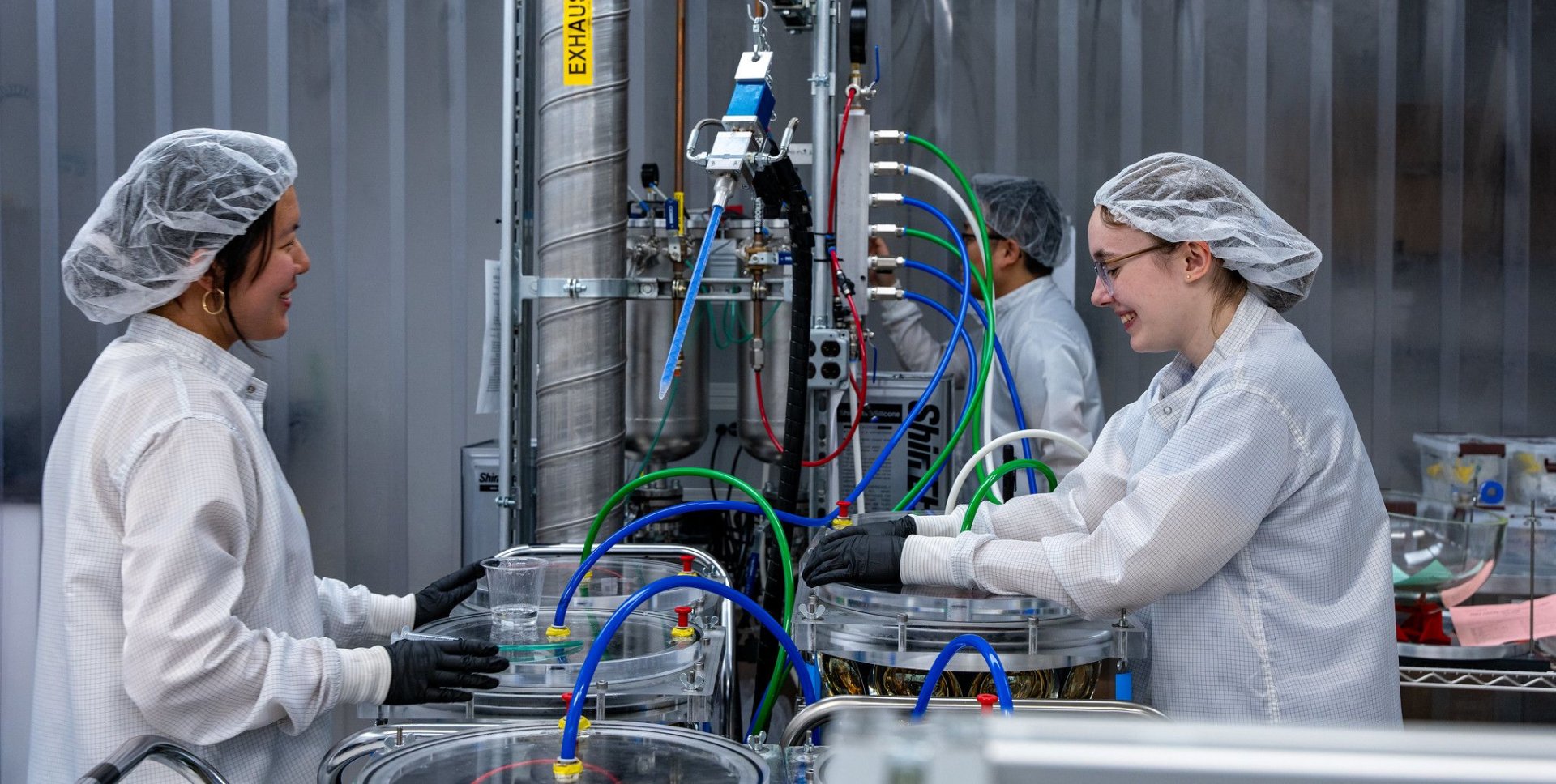Future Students
Discover the Possibilities
Michigan State University (MSU) is home to nearly 1,000 graduate students who are pursuing advanced degrees across biological, physical and mathematical sciences. MSU has extraordinary faculty and provides world-class facilities with a proven record of success.
MSU alumni enjoy diverse careers in academic institutions, government agencies, research institutes, and private industry. With more than half a million alumni worldwide, MSU is a global leader in advancing knowledge and transforming lives.
Prepare for Success
Today, the boundaries of the various disciplines in science and mathematics are blurred. Our graduate programs promote an environment in which students can easily cross traditional boundaries and engage in studies that involve collaborations among biological, physical, and mathematical sciences.
Collaborative research is synergistic with the university's goal of advancing fundamental knowledge in traditional areas. Our interdisciplinary approach prepares MSU graduate students for the complex challenges of science in the future and for various careers.
Connect with Your Future
We offer one-on-one contact with faculty that enables students to customize studies according to personal strengths and interests. Graduate students are able to explore and develop their academic interests by utilizing a network of more than 325 faculty members and 30 programs to enhance scholarship in their chosen field. The integrative nature of graduate education is the foundation of MSU's philosophy that the future of science relies on collaboration and connections among all disciplines.
Graduate students work closely with faculty who share interests in scientific research and graduate education. Many faculty members have appointments in multiple departments, which expands the opportunities for collaborative and broad-based training opportunities. Many research programs utilize clinical populations available through MSU's schools of veterinary, osteopathic and human medicine.
